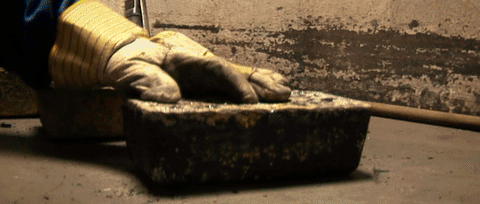
The gold price jumped to a fresh near 7-year high on Wednesday as worries about the global economic impact of the coronavirus mutated into expectations of massive monetary stimulus to counteract the damage done in China and elsewhere.
Gold thrives when policy is loose and money is cheap, and usually moves in the opposite direction of interest rates. China is expected to pump billions into its financial system to revive its economy post-outbreak and most developed economies never emerged from the ultra-low (or negative rate) environment of the 2008 global financial crisis.
Even in the US economy, which is in much better shape than Europe or Japan, rate cuts before the end of the year are being priced in by markets.
CNBC reports US investment bank Citi believes the gold price will benefit from investors looking for yield and from buying related to the metal’s status as a haven in times of turmoil.
Citi has one of the more bullish forecasts out there – the bank believes gold could add another $100 an ounce within six months and top $2,000 per ounce in the next 12 to 24 months:
“Gold should perform as a convex macro asset market hedge, resilient during ongoing risk market rallies but a better hedge during sell-offs and vol[atility] spikes,” the analysts led by Ed Morse said.
Yesterday, on one of the busiest trading days of the year, April gold futures, the most active contract with nearly 40m ounces exchanging hands, gained $20 to close above $1,600 on the Comex market in New York for the first time since April 2013.
The rally continued on Wednesday with the metal touching a new intra-day high of $1,614.40 in another heavily traded session of more than 25m ounces by lunchtime. Gold is up more than $90 since the start of 2020.
